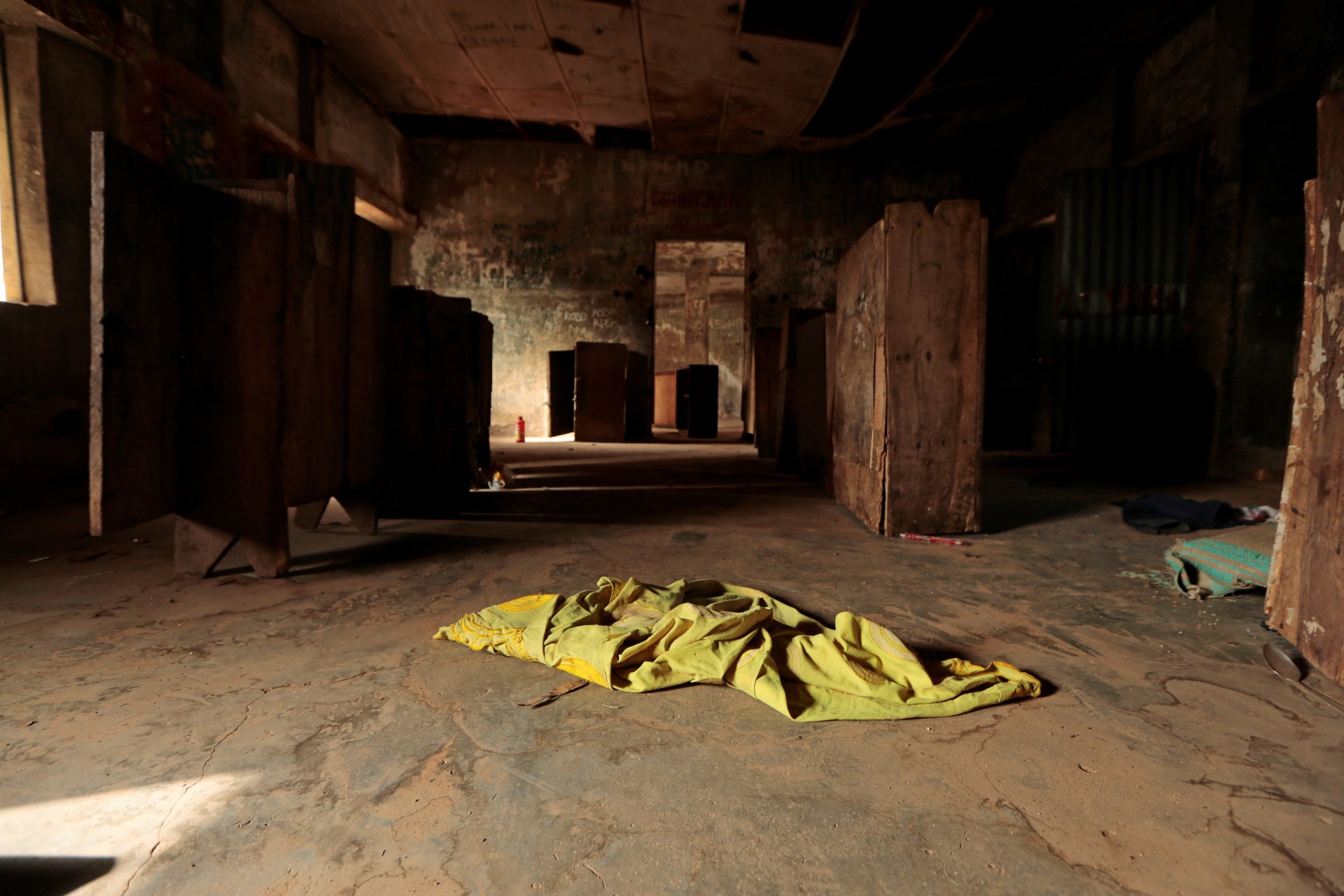Nigeria’s Internal Security Problem

By experts and staff
- Published
By
- Guest Blogger for Africa in Transition
Nkasi Wodu, a New Voices Fellow at the Aspen Institute, is a lawyer, peacebuilding practitioner, and development expert based in Port Harcourt, Nigeria.
The Nigerian minister of defense recently enjoined Nigerians to take up arms to defend themselves against marauding bandits in their communities. The minister’s statement aligns with the grim reality that Nigeria has a serious internal security problem—and nobody knows exactly how to solve it.
Nigeria has experienced devastating attacks from armed bandits for more than two years. While these attacks initially started in the North West region of Nigeria, they have since spread to other parts of the country. Armed bandits frequently kidnap unsuspecting members of the public before using their captives to secure huge ransoms in return for their release. Ransom frequently comes in the form of opaque government payments, a strategy that tends to undermine government authority. The level of coordination in the attacks seems to betray some type of paramilitary training or, at the very least, organization by leaders with military training.
Making the problem worse, bandits have recently taken to targeting softer targets, such as schools, illustrated most recently by today’s mass kidnapping in Zamfara State, where gunmen took captive over three hundred schoolgirls. The kidnapping is the latest in a string of incidents. In December 2020, eighty students were kidnapped from an Islamic school in Katsina State, although they were later rescued or released. Last month, over forty-two people, including twenty-seven students, were kidnapped from a secondary school in Niger State—signaling a geographical expansion into the North Central region, part of the Middle Belt. The targeting of schools, worrying in itself, also further discourages students in a country with dismal rates of school attendance and completion.
Banditry alone fails to explain the full scale of Nigeria’s internal security problem. For much of this decade, a murderous conflict between herders and farmers has plagued Nigeria, particularly in the Middle Belt. According to the Global Terrorism Index 2015 [PDF], Fulani militants—the most violent actor in the Middle Belt’s farmer-herder conflict—were adjudged the fourth-deadliest terror group in the world. In 2018, Fulani extremists were responsible for [PDF] 1,158 fatalities in Nigeria—a majority of terror-related deaths in the country that year. Intense violence perpetrated by militant herdsmen has since begun to expand further, towards the South West and South East regions, as herders search for grazing routes for their cattle. Unfortunately, a combination of drought occasioned by the rapid disappearance of Lake Chad, political instability driven by Boko Haram, and banditry made herders’ southward march an inevitability that will be difficult to reverse.
A common feature of these attacks is the perceived lack of response—even complicity—from security agents. Recent rhetoric from the presidency against the response by some state governors to stem the tide of attacks from herdsmen further promotes this perception and impels communities to take up arms to protect themselves. This reality has already come to pass: southern Nigeria hosts armed, non-state actors such as the Eastern Security Network (ESN), the Western Nigeria Security Network—also known as Amotekun—in the South West, and several armed groups in the South South region. Proliferation of small arms and light weapons, a troubling feature of Nigeria’s security landscape, make the situation yet more combustible. Clashes between “self-defense” militias and herdsmen in the South East and the South West are on the rise, and they will continue to intensify as long as security agencies are beset by inaction and ineffectiveness. Layered on top of this conflagration is the ethnic dimension, with entire ethnic groups subsumed into conflicts and pitched against one another. In Oyo State, Hausa/Fulani communities have clashed with indigenes, while Nnamdi Kanu’s ESN continue to see attacks as a northern agenda against the Igbos.
Nigeria’s troublesome security forces are, at present, ill-equipped to tackle frequent clashes between non-state actors. To address the worrying array of interlinked security threats, President Muhammadu Buhari needs to first shed his characteristic apathy and lack of empathy. In doing so, he should address the nation, pleading for national unity; his aides, meanwhile, should endeavor to appear neutral in their rhetoric rather than buttress perceptions of siding with particular groups. Below the state level, political actors from the various tribes would do well to see that their words and actions play an impactful role in either exacerbating or improving violent conditions. Consequently, they should eschew divisive action and instead pursue constructive solutions to the issues at hand.
